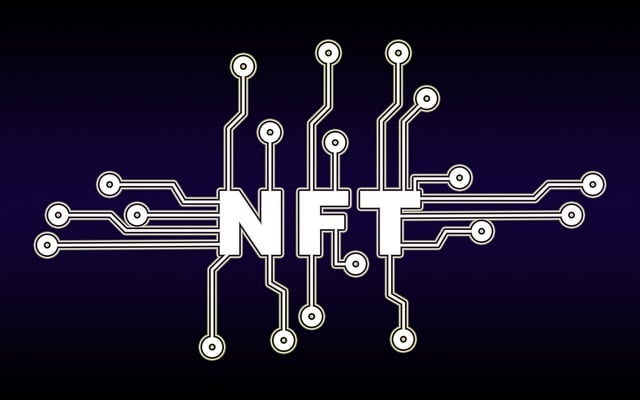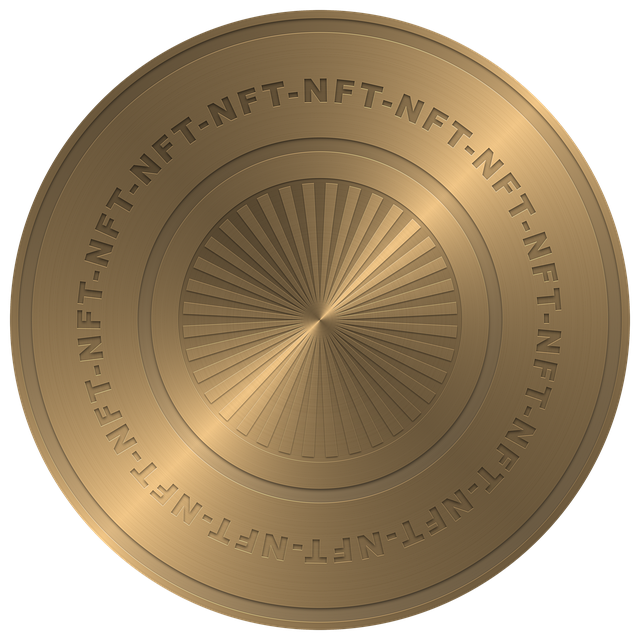
Ethereum, a groundbreaking cryptocurrency, has sparked a decentralized revolution in global finance, challenging traditional banking systems. By leveraging blockchain technology and smart contracts, Ethereum offers unparalleled transparency, security, and efficiency in transactions. This disrupts centralized institutions like banks by enabling peer-to-peer interactions, faster processing, and cost reduction. Smart contracts automate agreements directly written into code, fostering innovation in decentralized applications (dApps) across various sectors. Ethereum's impact extends to financial inclusion, cross-border payments, and artistic expression via non-fungible tokens (NFTs), while regulatory challenges and scalability issues require continued education and development for widespread adoption.
“Ethereum, a groundbreaking blockchain project, is reshaping global finance and challenging traditional banking models. This article explores its profound impact on the financial sector. From its inception as a decentralized alternative, Ethereum has evolved with innovative technology like smart contracts, offering new levels of transparency and security. We analyze how it disrupts banking systems, enhances financial agreements, and presents both advantages and challenges in adoption. Uncover Ethereum’s legacy and its potential to redefine global finance.”
- The Rise of Ethereum: A Decentralized Revolution
- Understanding Ethereum's Blockchain Technology
- Disrupting Traditional Banking Systems
- Smart Contracts: Redefining Financial Agreements
- Benefits and Challenges in Adopting Ethereum
- The Future of Global Finance: Ethereum's Legacy
The Rise of Ethereum: A Decentralized Revolution

The rise of Ethereum marks a significant shift in the digital landscape, leading the charge for a decentralized revolution in global finance. This blockchain platform introduces smart contracts, self-executing agreements that automatically facilitate transactions when predefined conditions are met. It’s this innovation that promises to transform traditional banking by offering greater transparency, security, and efficiency.
Ethereum’s robust and decentralized nature empowers individuals to interact directly with each other without intermediaries like banks. This peer-to-peer system has the potential to democratize access to financial services, particularly in regions where traditional banking infrastructure is limited or inadequate. The impact of Ethereum extends beyond borders, challenging established financial systems and paving the way for a new era of digital transactions.
Understanding Ethereum's Blockchain Technology

Ethereum, like Bitcoin, is a groundbreaking cryptocurrency that operates on blockchain technology. This decentralized digital ledger records all transactions across multiple nodes, ensuring transparency and immutability. Unlike Bitcoin’s focus on peer-to-peer currency exchange, Ethereum’s blockchain supports smart contracts – self-executing contracts with the terms of the agreement directly written into lines of code. This enables a wide range of applications beyond digital currencies, from decentralized finance (DeFi) to non-fungible tokens (NFTs).
Ethereum’s blockchain technology disrupts traditional banking by offering faster, cheaper, and more accessible financial services. Transactions on the Ethereum network can occur in minutes, as opposed to days or weeks in traditional banking. Moreover, Ethereum eliminates intermediaries like banks, reducing fees significantly. This innovation has opened doors for individuals and businesses worldwide to participate in global finance without the constraints of centralized institutions.
Disrupting Traditional Banking Systems

Ethereum has emerged as a powerful force, disrupting traditional banking systems and revolutionizing global finance. Its decentralized nature offers an alternative to the centralized models that have dominated the financial industry for centuries. By leveraging blockchain technology, Ethereum provides a secure and transparent platform for peer-to-peer transactions, eliminating the need for intermediaries like banks.
This disruption has opened doors to new possibilities, such as smart contracts and decentralized applications (DApps). These innovations enable more efficient and automated processes, reducing costs and increasing accessibility. As a result, individuals and businesses worldwide are gaining greater control over their financial assets and interactions, challenging the traditional banking status quo.
Smart Contracts: Redefining Financial Agreements

Ethereum has brought about a paradigm shift in global finance through its innovative application of smart contracts. These self-executing contracts with predefined rules, stored and verified on the blockchain, offer unprecedented transparency and efficiency. Traditional financial agreements often involve intermediaries like lawyers and notaries, adding complexity and cost. Smart contracts eliminate these middlemen, streamlining processes from loan origination to insurance claims settlement.
By codifying terms directly into lines of code, smart contracts ensure automatic execution upon meeting specific conditions, reducing human error and the risk of fraud. This technology has profound implications for banks and financial institutions, enabling faster, more secure, and cost-effective transactions globally. Ethereum’s decentralized nature ensures that these contracts are not controlled by any single entity, fostering trust and further revolutionizing traditional banking practices.
Benefits and Challenges in Adopting Ethereum

Adopting Ethereum brings a multitude of benefits for global finance, revolutionizing traditional banking with its decentralized nature and enhanced security through blockchain technology. Transactions on the Ethereum network are faster, cheaper, and more transparent compared to conventional financial systems, enabling seamless cross-border payments and smart contracts that automate processes, reduce errors, and lower costs. Additionally, Ethereum’s growing ecosystem of decentralized applications (dApps) is fostering innovation in areas like digital assets, decentralized finance (DeFi), and non-fungible tokens (NFTs), creating new opportunities for financial inclusion, investment, and artistic expression.
However, challenges remain in transitioning to Ethereum. Regulatory uncertainty surrounding cryptocurrencies poses significant hurdles, as governments grapple with how to oversee this nascent technology while protecting consumers. Scalability issues, where transaction speeds and fees can fluctuate, need addressing to ensure the network can handle increasing demand. Furthermore, educating financial institutions and the general public about Ethereum’s capabilities and potential use cases is crucial for widespread adoption, as it requires shifting mindsets and processes away from traditional banking models.
The Future of Global Finance: Ethereum's Legacy

The future of global finance is being reshaped by innovative technologies, and Ethereum stands at the forefront of this transformation. As a decentralized blockchain platform, it has paved the way for smart contracts and decentralized applications (dApps), enabling secure, transparent, and efficient transactions without the need for intermediaries. This disrupts traditional banking models, empowering individuals and businesses to manage their finances directly.
Ethereum’s legacy extends beyond mere transaction processing; it fosters a new era of financial inclusion and democratization. By eliminating geographical boundaries and reducing operational costs, Ethereum facilitates access to financial services for previously underserved populations. Its global reach and robust security measures promise to redefine trust and security in finance, marking a significant shift from the traditional banking system.
Ethereum has emerged as a groundbreaking force in global finance, challenging traditional banking systems through its innovative blockchain technology. By enabling smart contracts and decentralized applications, Ethereum offers greater transparency, security, and efficiency in financial transactions. While there are challenges to adoption, the benefits are significant, promising a more inclusive and accessible financial future. As Ethereum continues to evolve, its legacy will undoubtedly reshape global finance, paving the way for a new era of digital banking.






